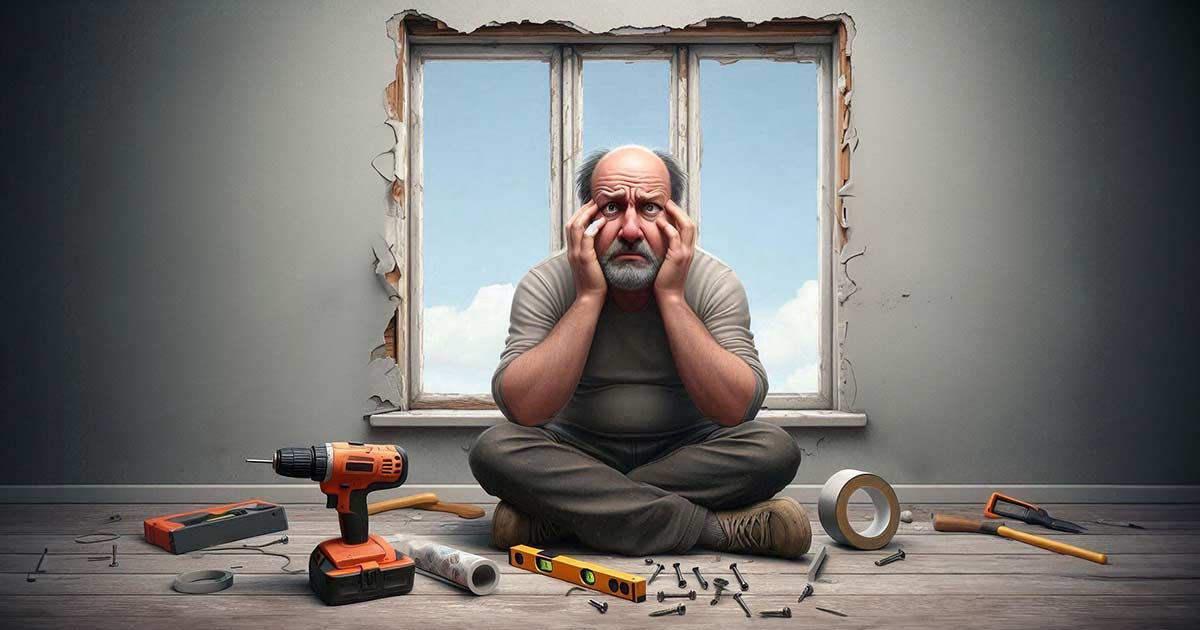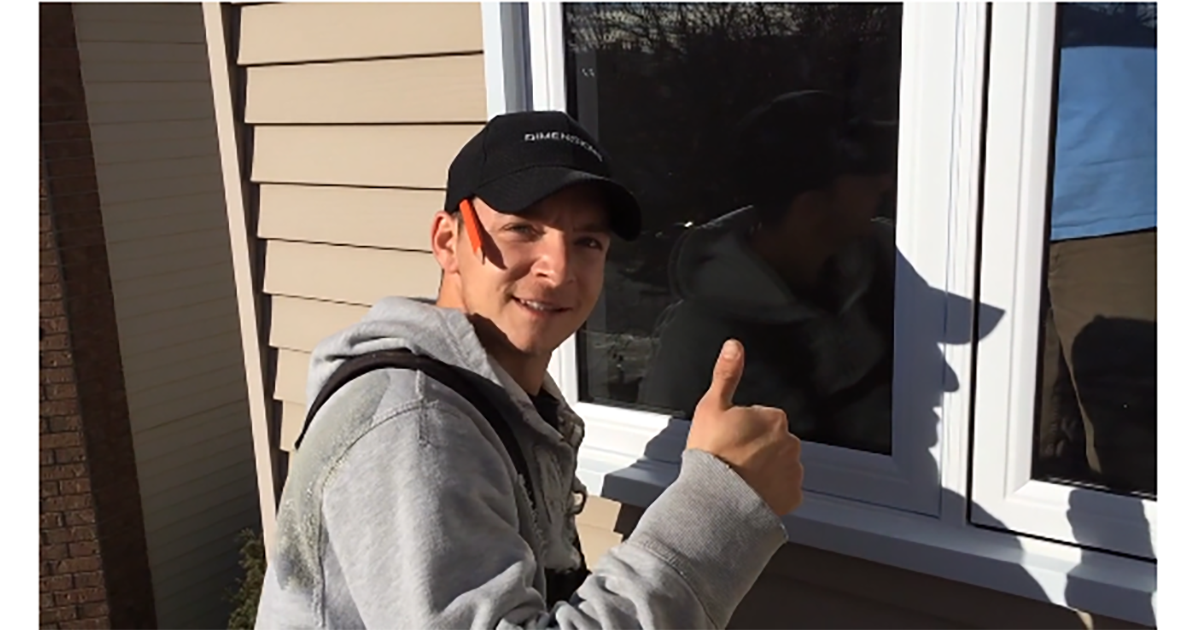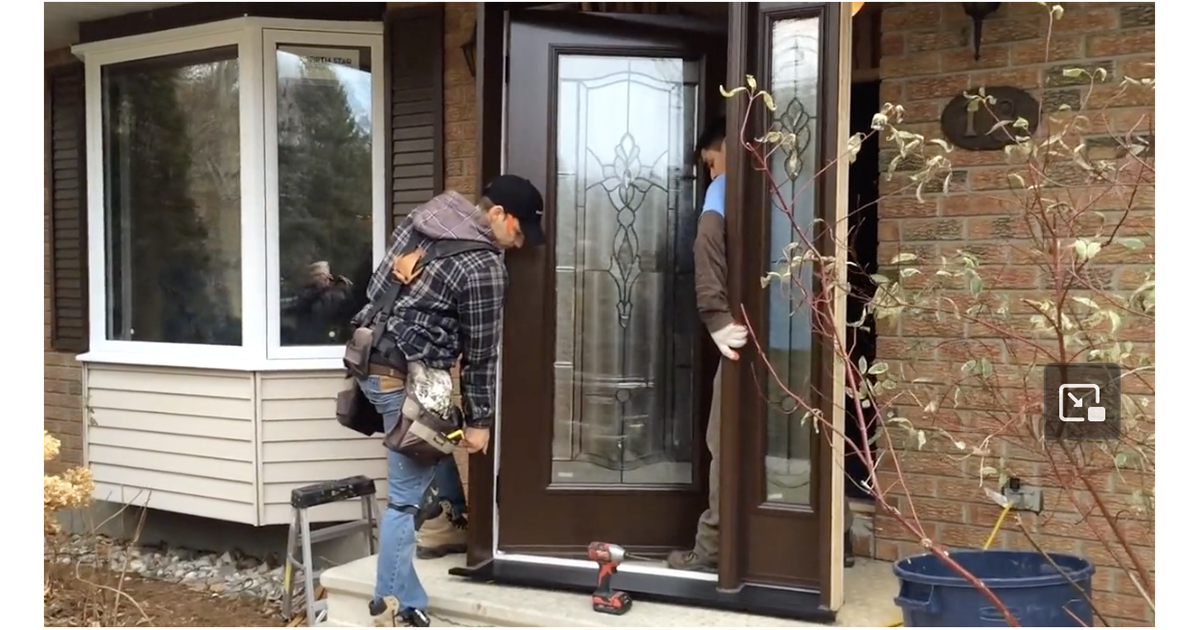Insights > Article > Posted: 2023-May-25, Updated: 2024-Sep-05
Window replacement - During the Covid-19 pandemic

The natural urge to improve our living spaces
As homeowners, we instinctively want to improve our surroundings. Whether it's upgrading an entertainment room or installing new windows to enhance a view, the need to make our spaces comfortable and aesthetically pleasing has only increased during the pandemic. Unfortunately, this desire coincides with supply chain disruptions and manufacturing delays that have made it harder to obtain the materials and services we need.
If you're in the market for home renovations, you're likely facing a double challenge: rising demand and ongoing product shortages. In the window replacement industry, for example, these disruptions have resulted in longer wait times. Prices are high, skilled labour is in short supply, and installation dates are being pushed into the new year. The unfortunate reality is that waiting may be the new normal, and homeowners must be prepared for delays.
Even before the pandemic, Ottawa’s construction industry struggled with a shortage of skilled tradespeople. While lockdowns temporarily slowed some sectors, residential construction flourished, deepening the labour shortfall. Window replacement companies, in particular, are feeling the pinch as good installation crews become harder to find. Many firms are forced to assemble and train new teams, some of which may not meet the same standards as experienced crews.
On the manufacturing side, window manufacturing companies have been unable to keep pace with the overwhelming demand. In many cases, manufacturers are months behind in delivering products due to the need to train new employees who lack the necessary expertise. This has created a backlog of orders, and many homeowners won’t see their replacement windows installed until well into the new year.
Despite the challenges, homeowners should be aware of financial incentives designed to help with home improvement costs. Programs such as the Canada Greener Homes Grant and Canada Greener Homes Loan offer financial assistance for energy-efficient upgrades, including windows and doors. These grants and interest-free loans can help cover costs, making it easier to retrofit homes. If you're already planning energy-efficient improvements, it’s important to take advantage of these programs before they expire.
Energy-efficient windows not only enhance the look of your home but can also reduce heating and cooling costs while contributing to environmental sustainability. Modern windows are designed to insulate homes better, keeping energy bills down and making your home more comfortable year-round. In the long run, investing in energy-efficient windows can pay off, both in energy savings and in reducing your home's carbon footprint.
The heightened demand has also opened the door for new, untested companies looking to capitalize on the situation. However, homeowners should be cautious. Quick installation promises might come from unreliable providers offering subpar products. Be sure to choose a reputable window replacement company, even if it means waiting. It’s worth the peace of mind to know your investment will stand the test of time.
As the world begins to recover from the pandemic, certain home improvement trends are expected to endure. The demand for smart home technologies, energy-efficient retrofits, and multifunctional spaces will continue to grow. Homeowners are increasingly rethinking how their homes can be more functional, comfortable, and sustainable. With energy-efficient upgrades in mind, now is the time to prepare your home for the future.
For those considering a DIY approach, some big-box stores still carry standard-sized windows, but it's essential to weigh the benefits against the risks. While DIY can be tempting, professional installations often provide better results. If you're unsure which route to take, check out our guide on the pros and cons of DIY vs. professional window installation to help you make the best decision for your home.
If you're considering replacing your windows or making other energy-efficient home improvements, start planning early. With demand and product backlogs extending into next year, acting sooner rather than later can help you avoid further delays. Contact Bayview Windows for a consultation, and explore available financing options to make your dream home improvement a reality.
Related articles
Continuing slowdowns
Building material costs are slowly becoming more manageable as the market stabilizes, though COVID-19 backlogs still affect home improvement timelines. While we hope prices stay steady, supply chain issues and labour shortages will likely cause delays for a while longer.
If you have any concerns about how these factors might affect your project with Bayview Windows—whether it’s labour availability, delivery times, or service delays—we’re here to help. Feel free to reach out, and we’d be happy to answer all your questions.
A Step-by-Step Guide




